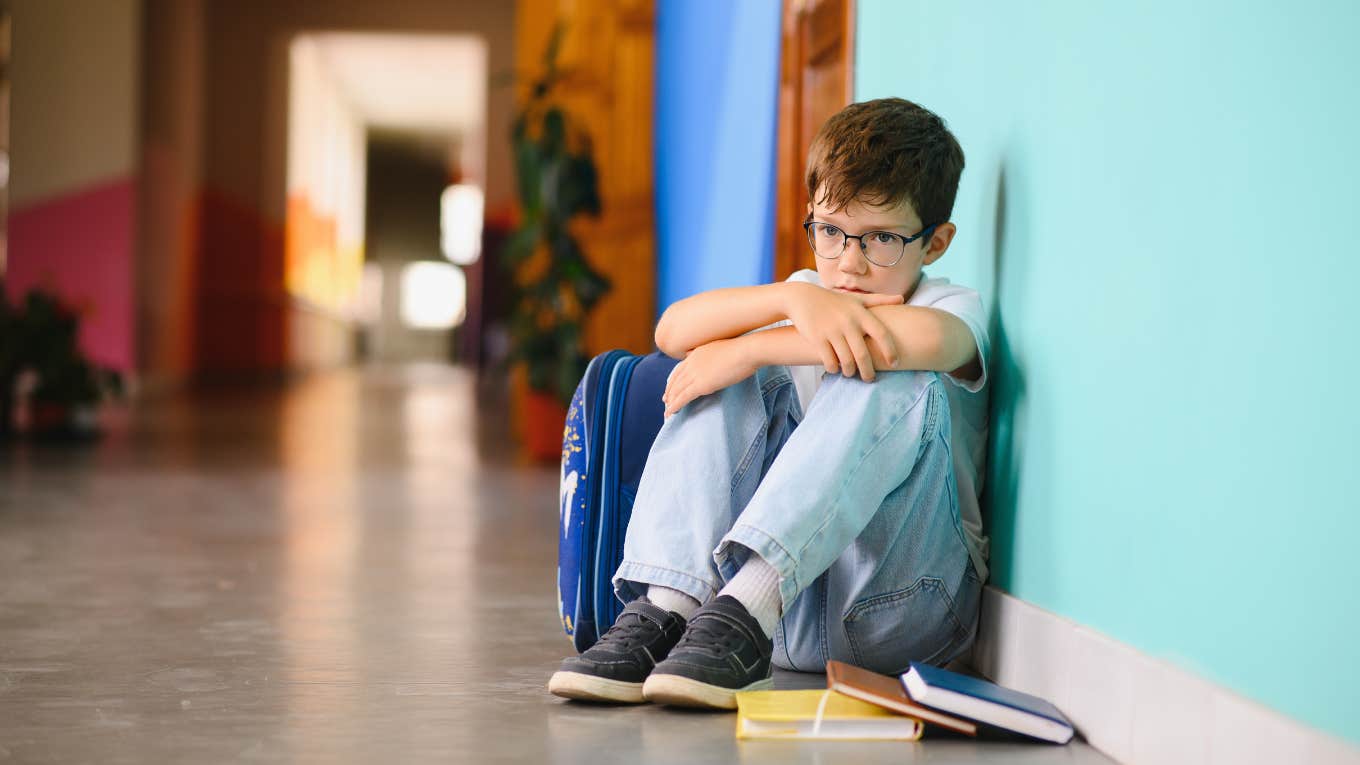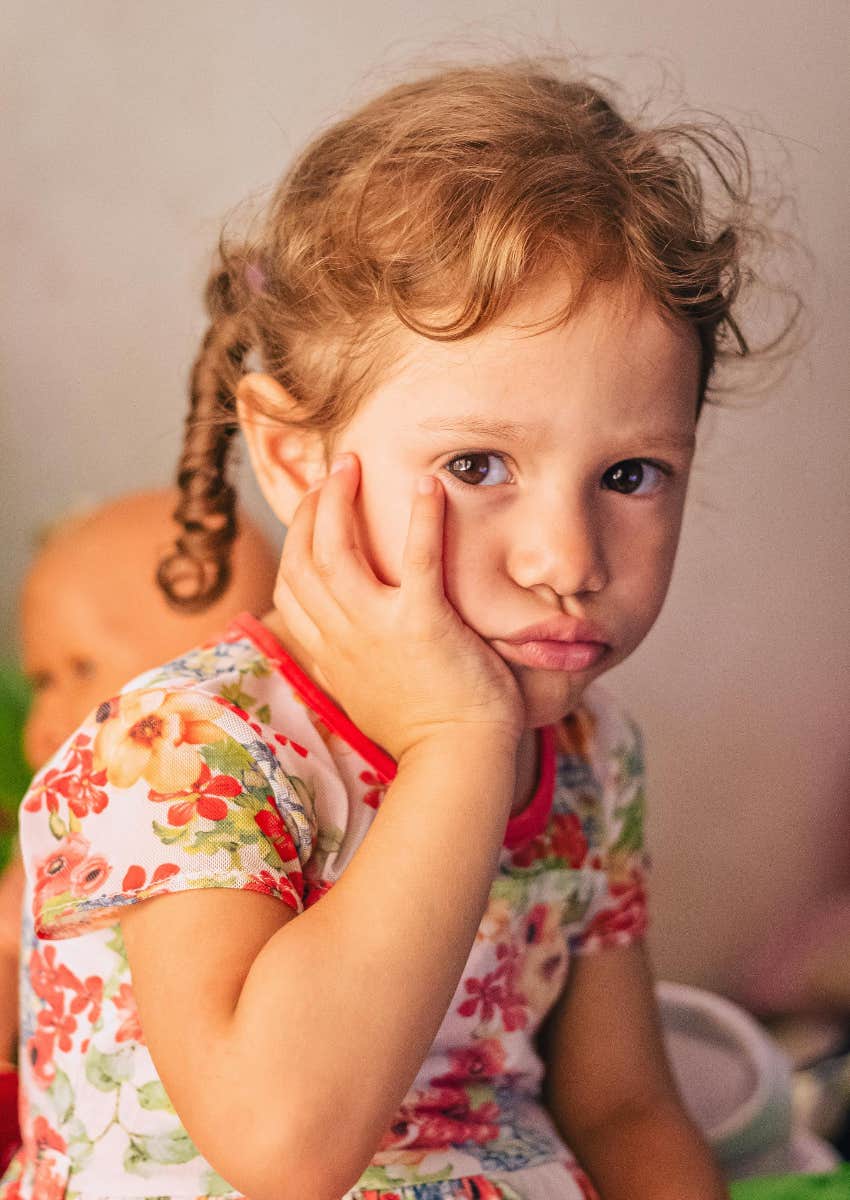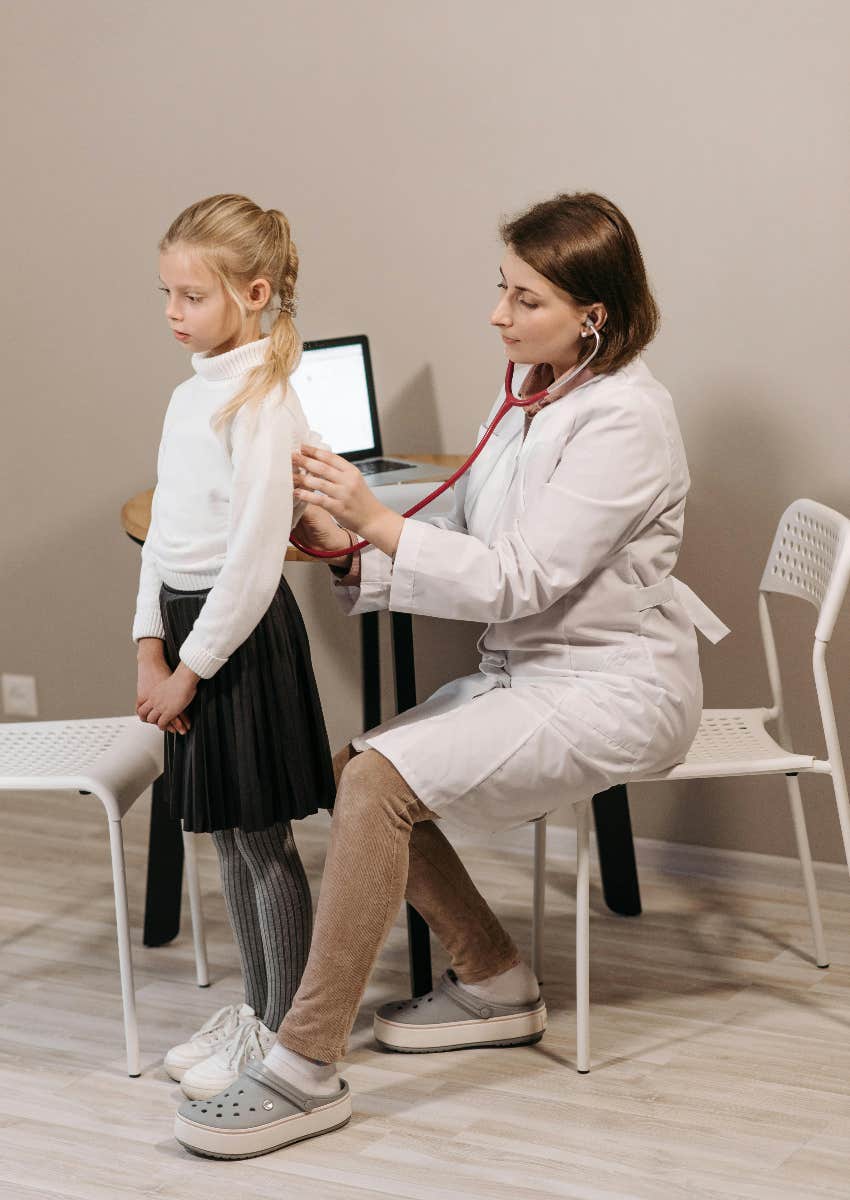Students In Ohio May Soon Get Up To 3 Excused Mental Health Days Each Year
If you want to get rid of the stigma about mental health, you have to make things like mental health days a reality.
 Hryshchyshen Serhii | Shutterstock
Hryshchyshen Serhii | Shutterstock When you think about it, kids are expected to be pretty resilient. They attend school everyday with no time off other than holidays, sick days and the occasional appointment. That’s a lot to ask of someone so young.
The problem is, there are some days when kids just don’t feel like going to school. It has nothing to do with trying to get out of a test or presentation. Instead, their mental health just isn’t quite at its best, and they need a break. But there are really no excuses for that. A senator in Ohio is trying to change that.
Ohio state Senator Willis Blackshear has proposed a bill that would give students up to three excused mental health days per school year.
Kevin Landers reported on the possibility for WBNS. He said that Senator Blackshear, a democrat from Dayton, wanted to give kids a little more breathing room and do what he could to challenge the stigma surrounding mental health. The legislation does not stipulate that schools must provide mental health services for children who take those excused days. Seeking treatment is up to the discretion of their parents.
 Thgusstavo Santana | Pexels
Thgusstavo Santana | Pexels
Commenting on the bill, Senator Blackshear said, “Besides being reactive, this is something that we need to be proactive and address head on because what we don’t want to see happen is, is that kids continue to go through some of their struggles and they’re not being addressed, but then we see it in the test scores, we see it in their attitudes. We see it in different ways, and then we’re wondering why they’re acting like this, or why they’re performing like this.”
“The bill defines a ‘mental health day’ as a school day during which a student attends to the student’s emotional and psychological well-being in lieu of attending school,” Landers said. A note from a medical professional would not be necessary, as it typically is when a student is physically ill.
Mental health days are a new concept for schools, and would certainly be a welcome addition for many students.
The idea of mental health days is still pretty taboo, and therefore unexplored in all areas of life, including work. Giving kids the chance to take the day off when their mental health is just too much would be incredible. I know this is something I would have benefited from when I was in school, as would many people I know.
 Pavel Danilyuk | Pexels
Pavel Danilyuk | Pexels
Unfortunately, mental health is worsening in children, making this kind of thing all the more necessary. In 2021, the U.S. Surgeon General released an advisory called Protecting Your Mental Health. That report found that in the ten-year period from 2009 to 2019, 40% more high school students said they had feelings of sadness or hopelessness. Additionally, there was a 28% increase in visits to emergency rooms for kids dealing with depression, anxiety, and other mental illnesses between 2011 and 2015.
Of course, no one is untouched by this epidemic. That includes the state of Ohio, where Landers reported that one-in-three students struggle with anxiety.
Normalizing mental health days would go a long way towards removing the stigma around mental illness.
We usually think of mental illness stigma as being a kind of prejudice towards those who struggle with their mental health, but it’s much more than that. The World Health Organization found that stigma is present in diagnostics, laws, health information, and more. It is a very real issue that is affecting treatment in some cases.
 Pavel Danilyuk | Pexels
Pavel Danilyuk | Pexels
Often, stigma like this is learned from a young age. Kids observe the adults around them acting a certain way about mental illness, and they follow suit. By educating them about mental health and giving them the option to take mental health days when they need them, we just might see the stigma dissipate.
Mary-Faith Martinez is a writer with a bachelor’s degree in English and Journalism who covers news, psychology, lifestyle, and human interest topics.

